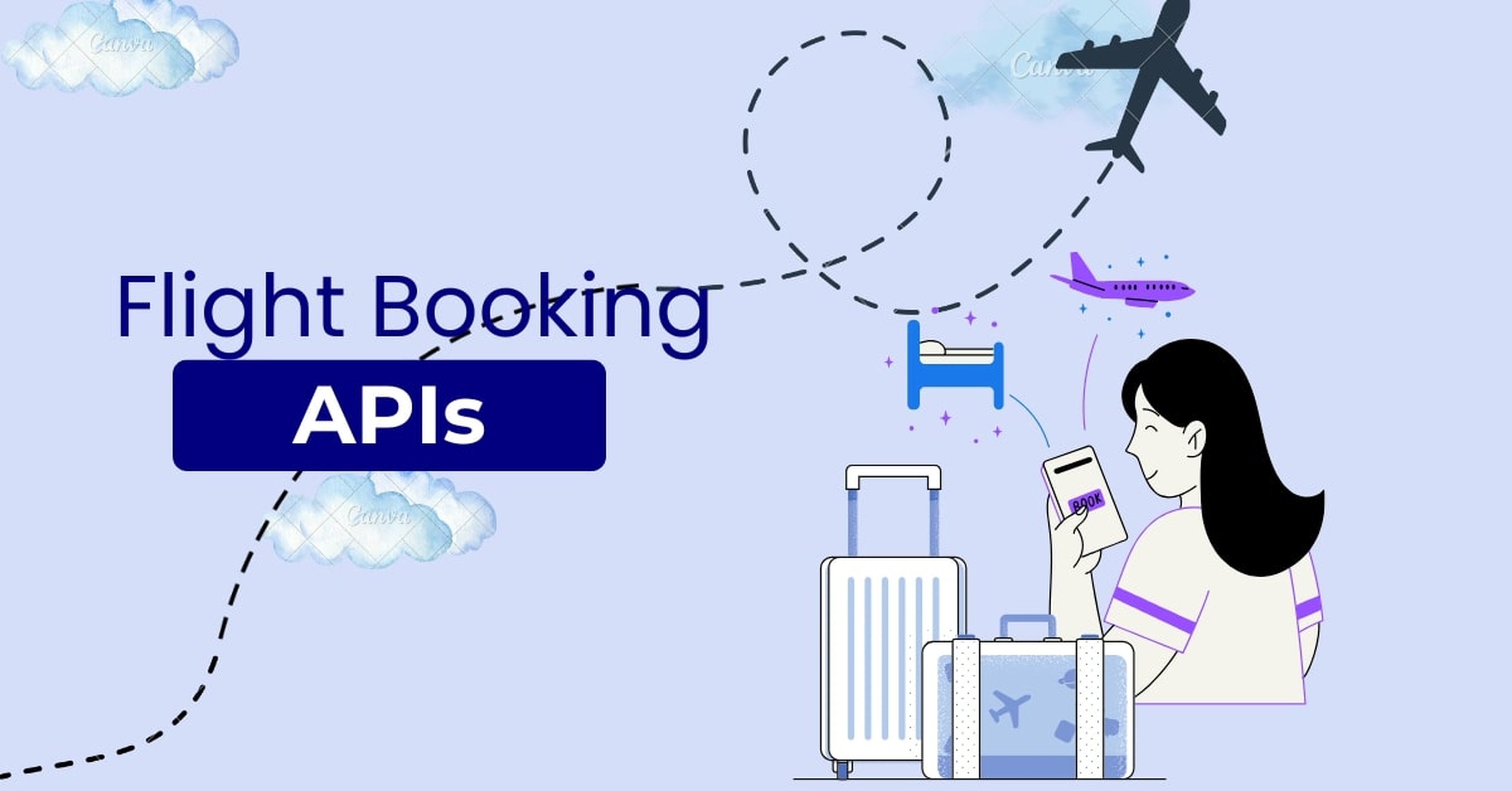Unlock the Power of Flight Booking APIs for Next-Level Travel Platforms

Strong 8k brings an ultra-HD IPTV experience to your living room and your pocket.
In today's travel-centric digital world, users expect fast, flawless booking experiences—real-time availability, seamless payments, and personalized insights. This seamless journey isn't magic—it’s powered by intelligent flight booking APIs, the backbone of modern travel platforms.
What Are Flight Booking APIs and Why They Matter
A flight booking API is a programming interface that connects your app or website to airlines, global distribution systems (GDS), and consolidators—fetching real-time data on flights, fares, seat availability, and even booking confirmations. These APIs transform static travel sites into dynamic, responsive platforms
By integrating APIs, travel portals can prototype user flows like:
- Search flights by origin, destination, dates, or traveler type
- Compare fares across multiple airlines instantly
- Book tickets with e‑ticket delivery in one smooth transaction
Key Advantages for Travel Businesses
- Accurate, real-time data – Books flight seats and updates status without delays.
- Format-rich fare insights – Fare breakdowns, baggage rules, and refund policies are API-driven
- Fast, automated bookings – Let users search, book, and pay in one session.
- Greater engagement – Features like price alerts and fare tracking enhance loyalty.
Essential Features to Look for in a Flight Booking API
Whether you’re powering a travel startup or an established agency, ensure your API supports:
- Flight search: Origin, destination, passenger type, flexible dates
- Price breakdown: Taxes, fees, fare components
- Seat selection: Assigned seats during booking
- Booking & ticketing: Full PNR creation and e-ticket issuance
- Flight status updates: Real-time departure/arrival info
A well-rounded API supports both GDS-backed global fares and low-cost carriers, providing massive coverage.
Top Considerations When Evaluating APIs
| Criterion | Why It Matters |
| Coverage | International vs domestic route availability; inclusion of LCCs and legacy carriers |
| Inventory Depth | Direct airline data vs consolidator layer |
| Latency/Uptime | Faster responses and reliable up‑time mean fewer failed bookings |
| Documentation & SDKs | Prebuilt code libraries (e.g., Node.js, Python) speed up development |
| Support | Timely help for errors or downtime |
How APIs Elevate User Experience
- Dynamic filters: Sort by layover, airline, price, and flexibility
- Fare alerts: Notifying users when a fare drops
- One-click bookings: Thanks to tokenized payments for frictionless experience
- Live alerts: Gate changes, delays, and reminders in real time
All these enrichments are possible thanks to robust API integrations
Best Practices for API Integrations
- Standardize data – Unified formats for dates, passenger info, and currency
- Resilience-first design – Handle timeouts, retries, and rate limits gracefully
- Smart caching – Cache static data (airports, carriers) with short TTLs
- Horizontal scaling – Prepare infrastructure for traffic surges
- Monitoring – Log all API calls and use analytics for performance tuning
These practices power scalable, reliable travel platforms under load.
Real-World Use Cases
- Multi-city search engines: Let users customize multi-leg itineraries in one shot
- Fare prediction tools: Use historical data APIs to flag price drops
- White-label widgets: Travel agencies embed booking widgets under their brand
These practical examples show developers how flight booking APIs seamlessly integrate with user journeys.
Emerging Trends You Should Know
- AI-driven fare predictions – Smart algorithms anticipate fare dips
- Blockchain for ticketing – Immutable ticket and refund records
- Voice booking – Conversational interfaces like Alexa
- Multi-modal itineraries – Flight + train + car bookings via unified APIs
These innovations are the future of travel, transforming APIs into more than just data-fetch tools—they shape the traveler’s journey.
Bring It All Together
Flight booking APIs aren’t just tech—they’re strategic pathways to user satisfaction. When chosen, integrated, and optimized properly, they unlock faster booking flows, richer experiences, and stronger performance.
Note: IndiBlogHub features both user-submitted and editorial content. We do not verify third-party contributions. Read our Disclaimer and Privacy Policyfor details.







